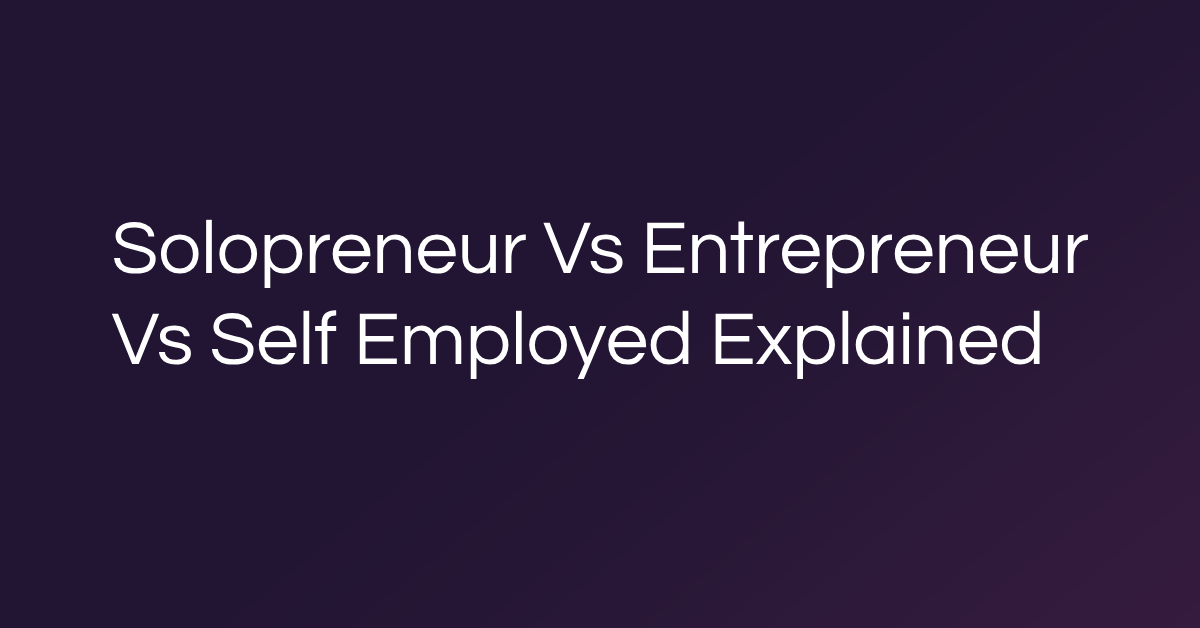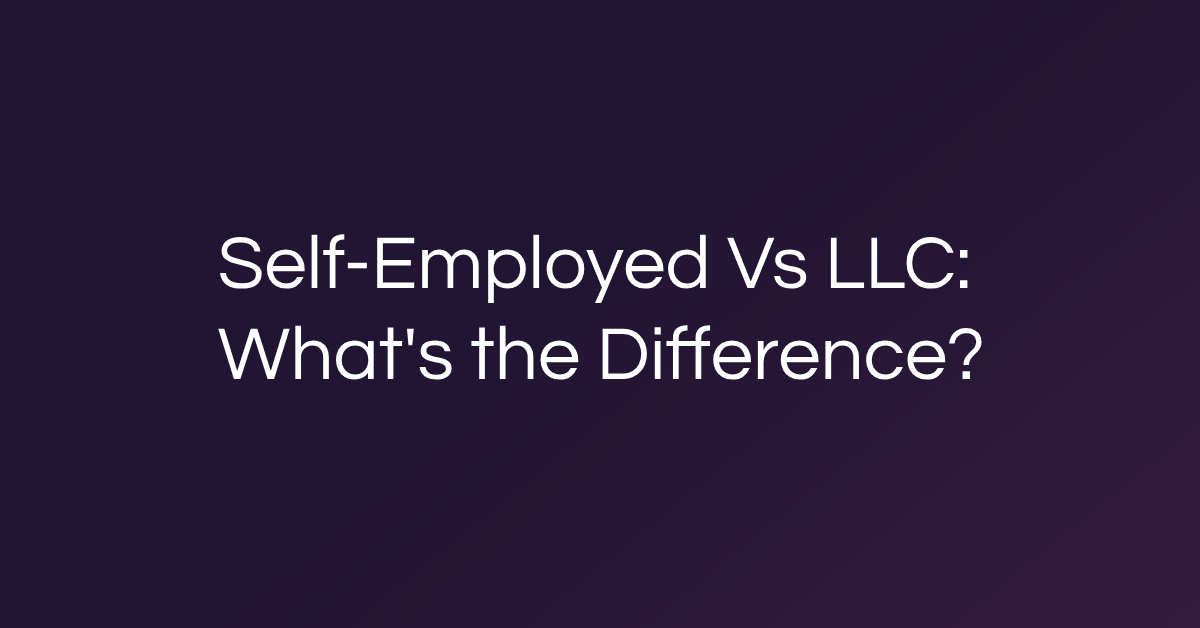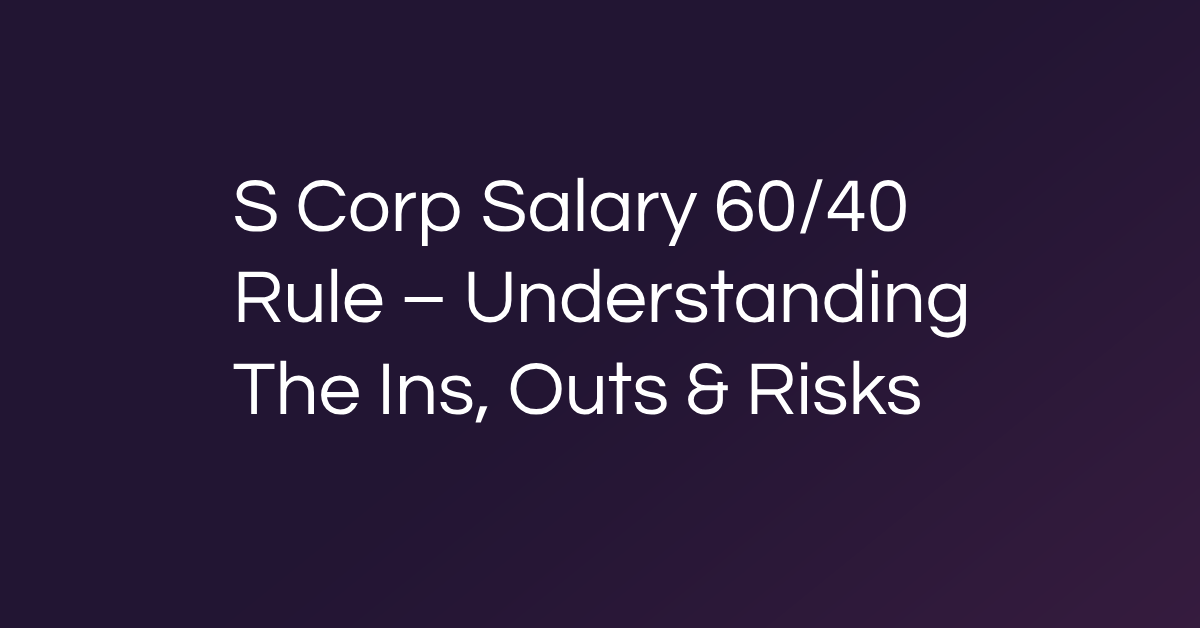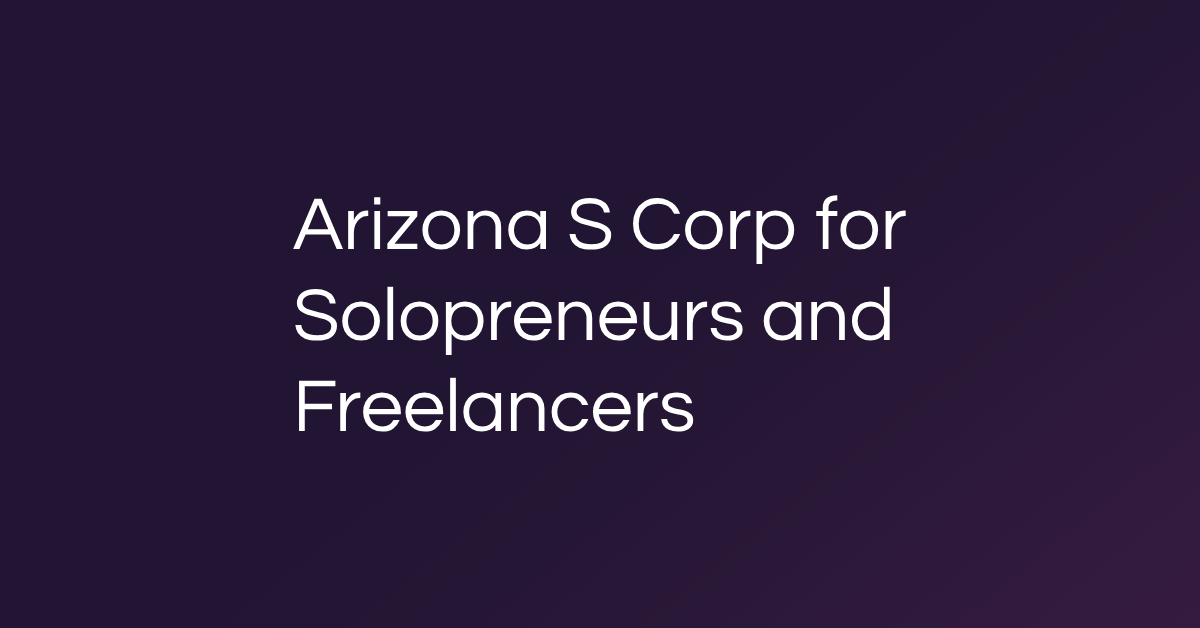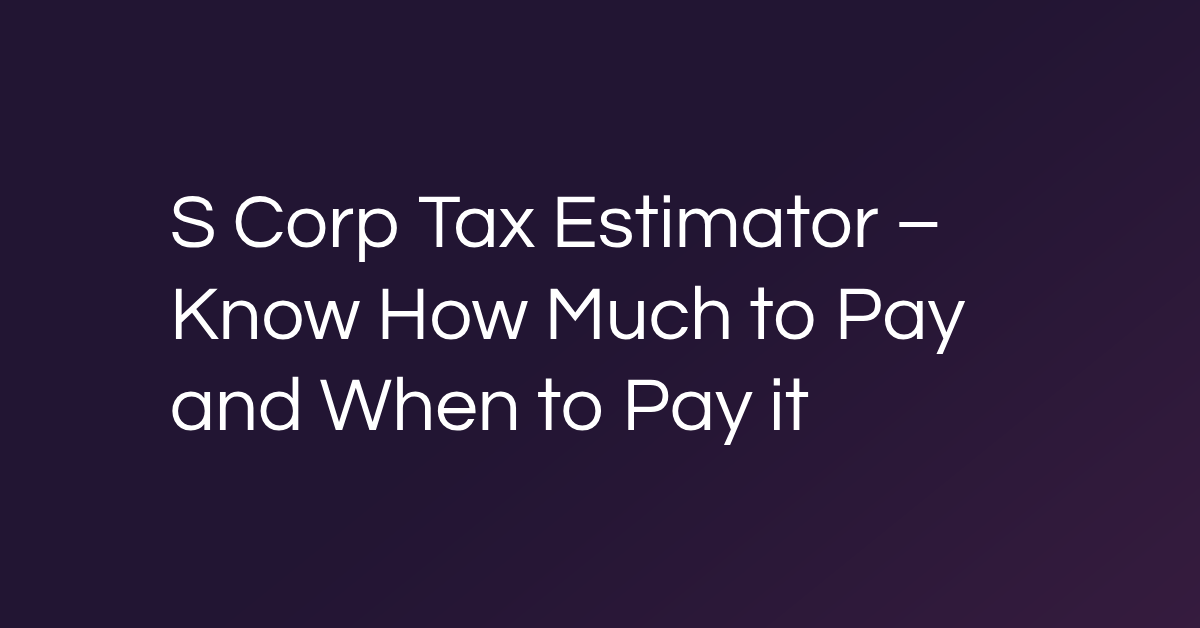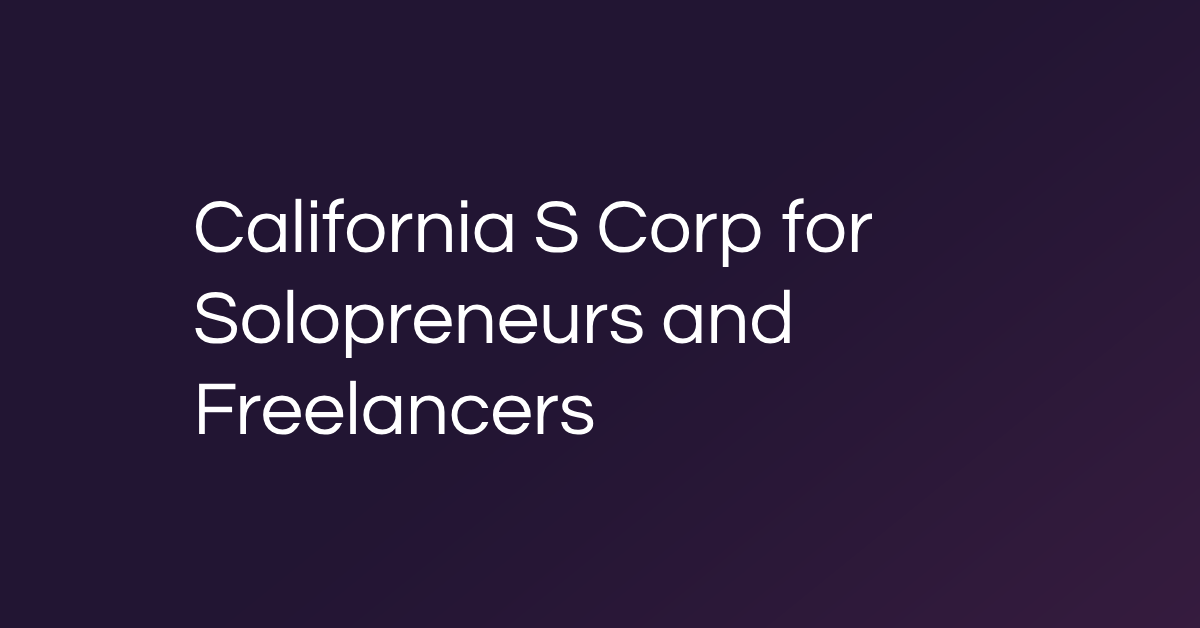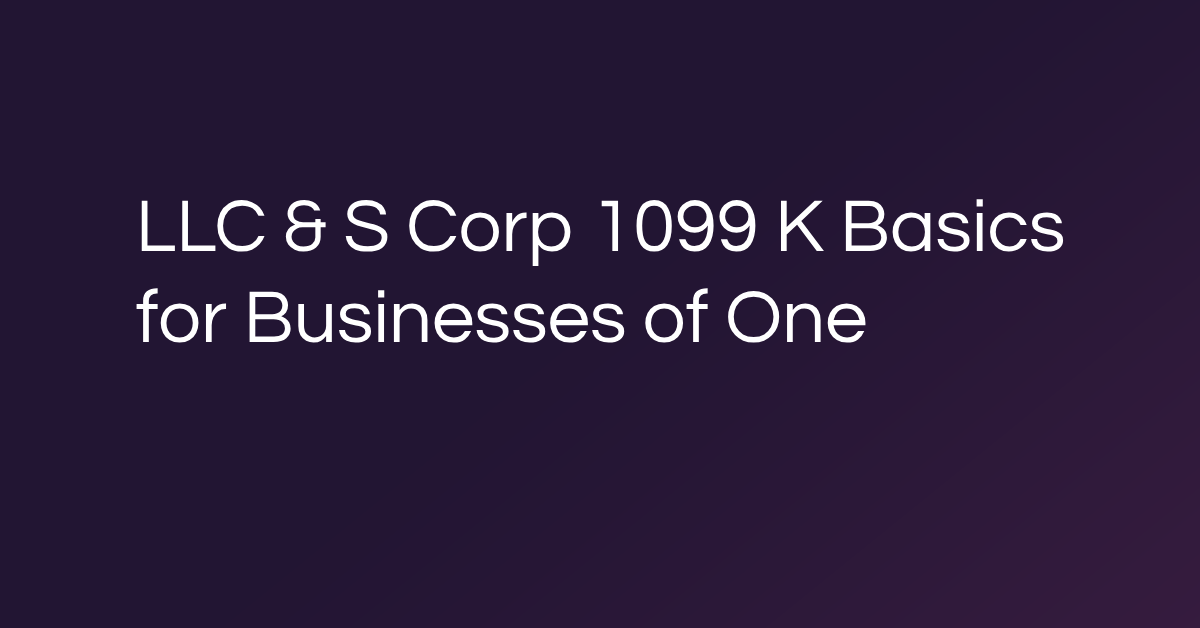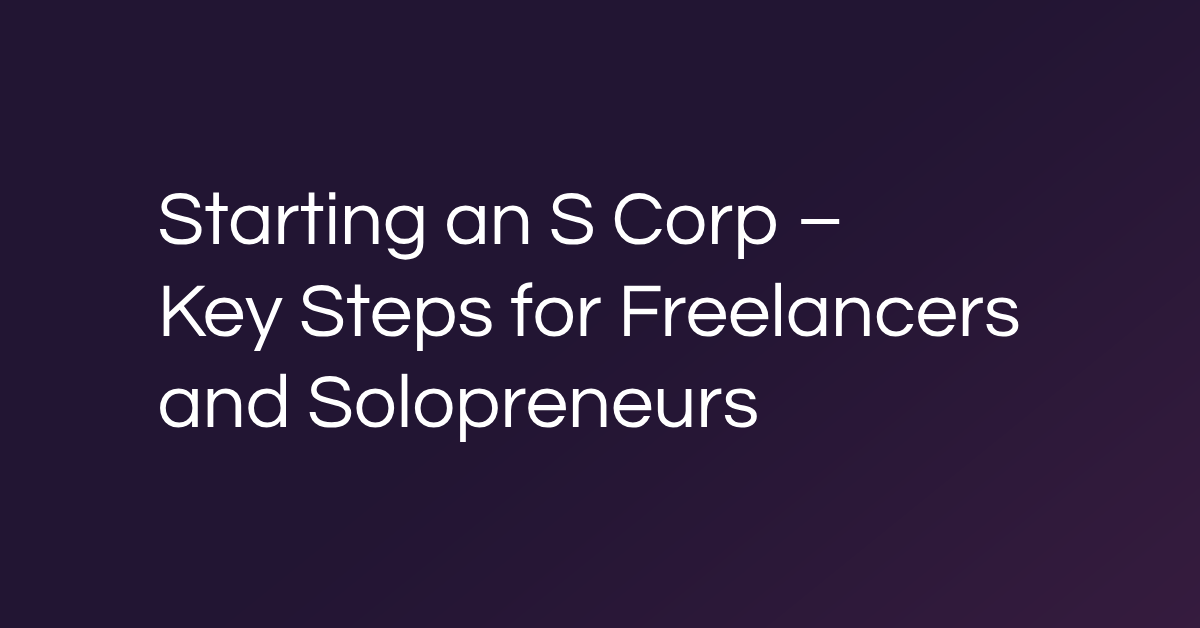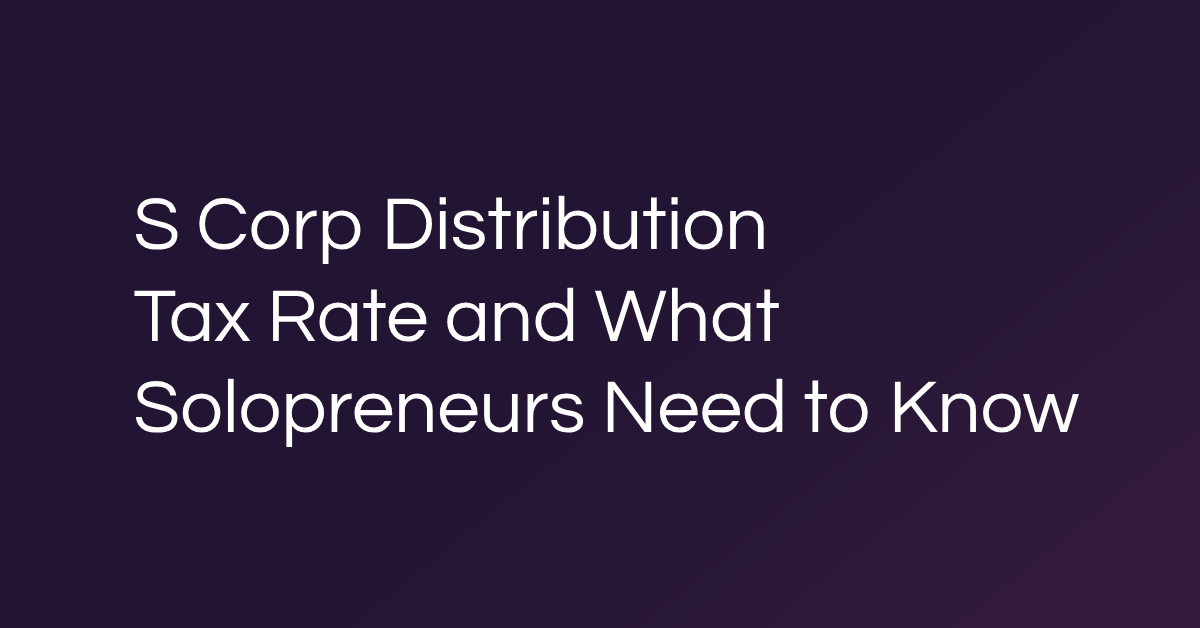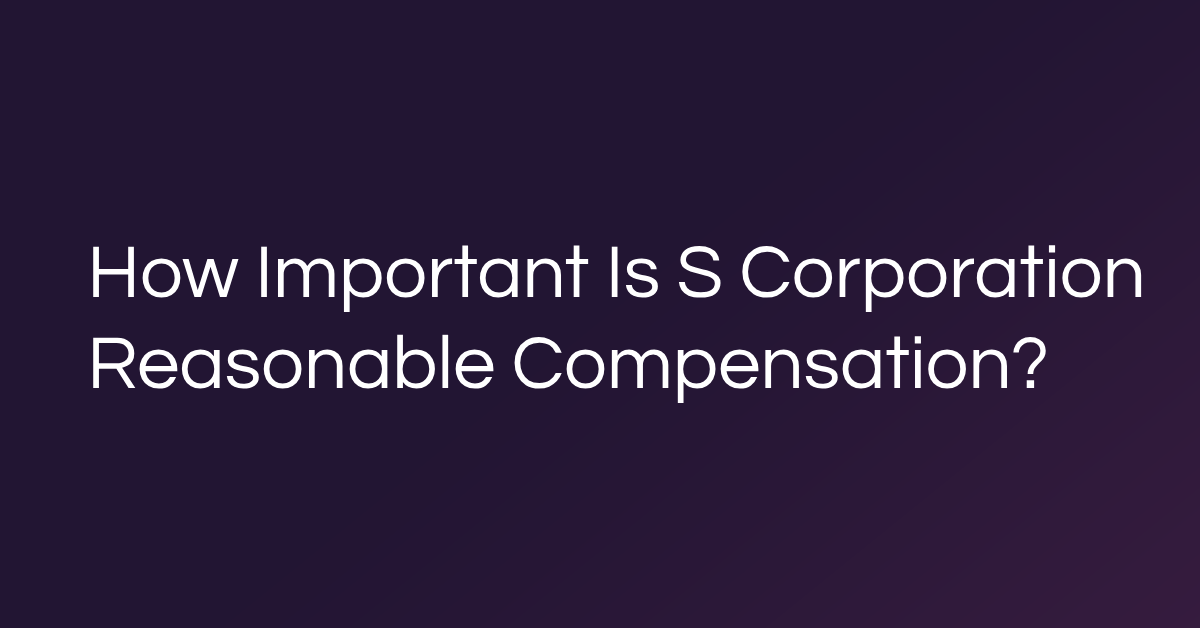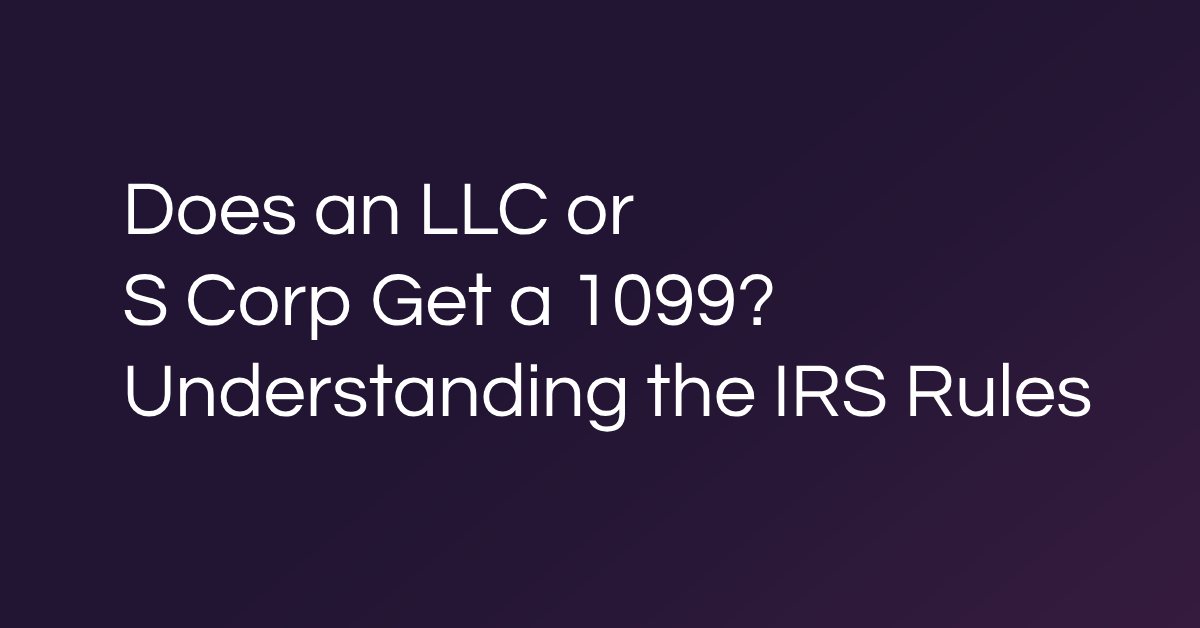Many professionals use the terms solopreneur, entrepreneur, and self-employed interchangeably, but they’re not the same. Each reflects a different mindset, structure, and way to operate a business. Understanding the distinctions can help you clarify your path forward.
Whether you’re freelancing, building a startup, or running a business of one, knowing where you stand will shape how you grow, what you prioritize, and how you build a business that works for you.
What’s the difference between solopreneurs, entrepreneurs, and the self-employed?
These terms sound similar but reflect different business structures, mindsets, and goals. Here’s how they compare:
- Solopreneur: Runs a business of one. They deliver the work, manage clients, and operate independently. The term has become more popular as more people embrace full autonomy in their work. Someone who builds and runs a business without employees is considered a solopreneur.
- Entrepreneur: Builds something that grows beyond them. They focus on creating systems, hiring teams, and scaling operations—like a tech founder turning a side project into a startup.
- Self-employed: A broader category that includes solopreneurs, entrepreneurs, and freelancers. The IRS outlines key distinctions between independent contractors, the self-employed, and employees, who file taxes differently and carry different responsibilities.
Each model has its perks and challenges. Comparing an entrepreneur vs a self-employed professional helps you define your direction, not just your title.
Solopreneur = business of one
Solopreneurs handle everything themselves—from client work to invoicing. They value flexibility and independence and often intentionally keep operations lean. Think of a freelance writer, a personal trainer, or a solo web developer. These professionals typically prioritize control over scale.
Entrepreneur = building something that grows beyond them
Entrepreneurs start with a vision and build systems that allow their business to grow without constant hands-on involvement. A founder who develops a tech product and hires a team to manage operations is acting as an entrepreneur. Their focus is scale, not just service delivery.
Self-employed = umbrella term for both (and freelancers)
Self-employment refers to anyone working for themselves, regardless of scale or business goals. A gig worker, freelance consultant, or solo consultant all fit under this category. Some stay solo, while others build full companies. It’s a flexible identity with a wide range of possible paths.
Mindset and growth orientation
Your mindset shapes how your business grows and what success looks like.
- Solopreneurs often optimize for freedom, control, and work-life balance. They build lean businesses designed to support their lifestyle, not scale indefinitely.
- Entrepreneurs focus on systems, delegation, and scale. They take on more risk to pursue higher long-term returns, often aiming to exit or grow beyond solo operations.
- Self-employed professionals may operate in either mindset or shift between them as their goals evolve.
Success in self-employment often comes from aligning your structure with your desired level of control and risk.
Operational and structural differences
How you run your business daily depends on your model and goals.
- Client management and workflows: Solopreneurs often handle every interaction and deliverable themselves. To streamline operations, entrepreneurs design systems or hire help.
- Use of systems and tools: Solopreneurs rely on lightweight solutions. Entrepreneurs tend to invest early in tools for automation, project tracking, and growth.
- Support teams vs. solo output: Entrepreneurs build teams to extend capacity. Solopreneurs stay lean and do the work themselves.
Starting a business can offer flexibility in work hours, tasks, and income, but how that flexibility plays out depends on how your operations are structured.
Financial outcomes and models
Whether building a business of one or scaling a team, your financial model should reflect your goals.
- Income vs. equity: Solopreneurs typically focus on generating revenue from their work. Entrepreneurs aim to build equity—value that grows even when not actively involved.
- Tax structures: A sole proprietor might report earnings on a Schedule C, while an LLC or S Corp offers more options for reducing self-employment tax. Besolo helps you evaluate the ideal setup for your business structure and tax goals.
- Exit opportunities: Entrepreneurs may build with an eventual sale or succession in mind. Solopreneurs often build businesses around themselves, limiting exit options but gaining lifestyle stability.
These paths are central to the economy. Research shows that nearly one-third of U.S. jobs come from the self-employed and the people they hire.
Which one is right for you?
Choosing between being a solopreneur, entrepreneur, or simply identifying as self-employed depends on your goals, industry, and appetite for risk.
Ask yourself:
- What kind of work do I want to do daily? Do you enjoy delivering the service yourself, or do you want to lead a growing business?
- What’s my end goal? Are you optimizing for lifestyle, long-term wealth, or the ability to exit?
- How much risk am I comfortable taking? Entrepreneurs often invest up front to scale, while solopreneurs prioritize control and lean operations.
- What support will I need? Even independent businesses need structure.
No matter where you land, Besolo helps you build with confidence. Our platform includes:
- Self-Employment OS to manage admin, tax, and payroll
- Benefits designed for solos, including access to healthcare, retirement plans, and disability coverage
- Tools that scale with your business, whether you stay solo or grow a team
From systems to support, Besolo helps you run like a business, without giving up your independence.
Own your path—and build it with structure
Solopreneur, entrepreneur, and self-employed—each identity brings different strengths, but none succeed without systems. The most sustainable careers come from understanding your goals and building around them.
Besolo helps you do both. Whether your focus is on freedom or growth, our Self-Employment OS gives you the tools to manage benefits, taxes, and back-office operations with clarity. You’ll gain not just flexibility, but long-term stability. Check out the Besolo blog for helpful resources explicitly written for solopreneurs.
As your business evolves, so can your support. We’re with you at every stage, from the first invoice to full retirement planning. That includes forming the right business entity to match your goals and minimize risk.
Join Besolo today and start building a business structure that works for you.

